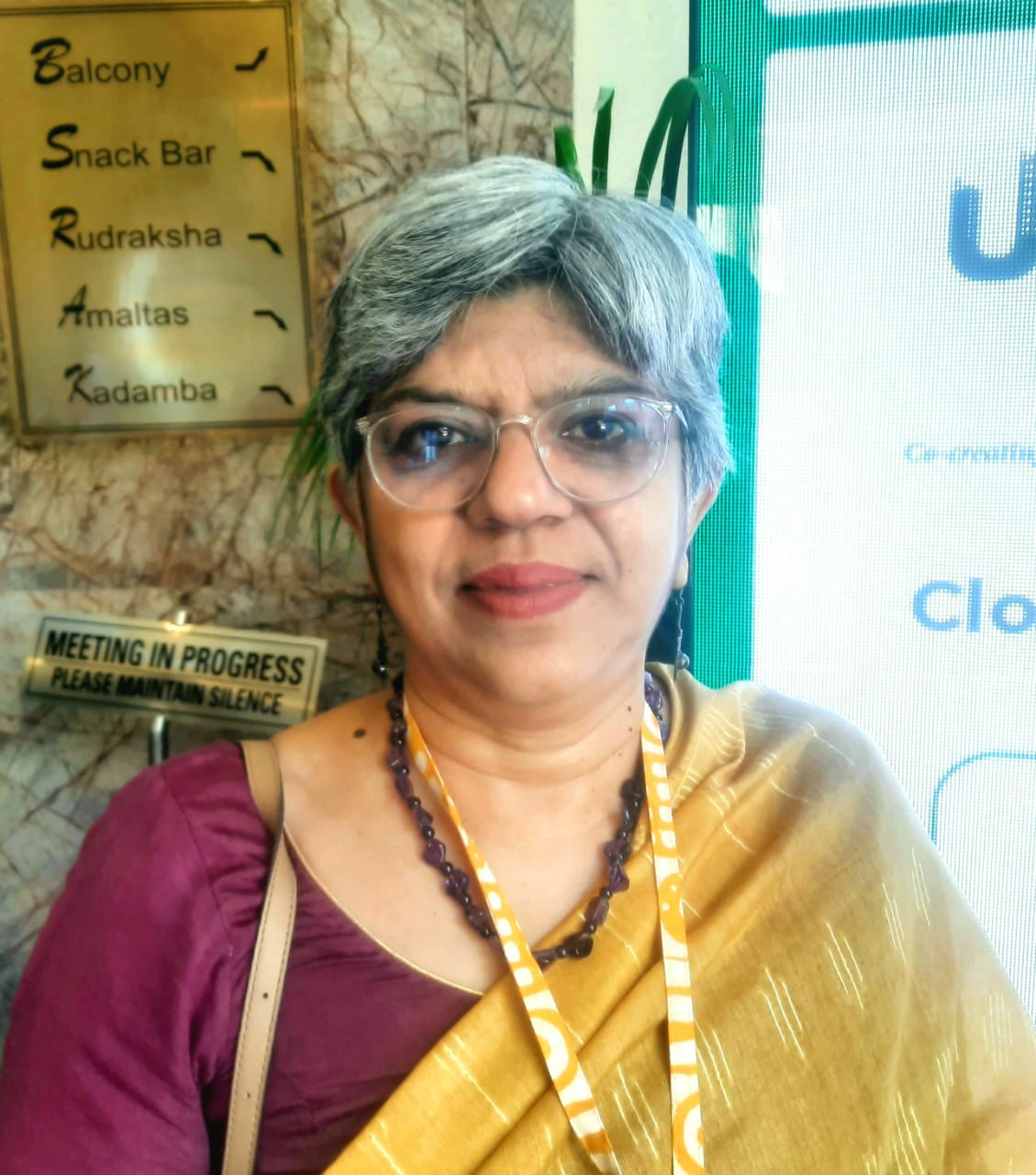Homework, a dynamic EdTech startup focused on transforming the educational experience for school students, is gamifying their learning process. The company has launched an innovative app that allows students to track their performance, complete subject-specific quizzes and assignments, and engage in enjoyable activities with peers. This engaging mobile learning app not only fosters a love for studying but also enhances students’ learning capabilities and knowledge retention.
Additionally, the app equips teachers with tools to create comprehensive subject-wise lesson plans, complete with questions, answers, and solutions. With Homework, educators can effortlessly assign assessments by subjects and topics, streamlining their workflow.
In an exclusive conversation with The Interview World, Sridipto Ghosh, Co-founder and CEO of Homework, discussed how the app has significantly improved students’ skills and efficiency in the learning process. He provided valuable insights into the app’s delivery model, the range of grades and subjects it covers, the influence of gamification on learning, and the future potential of gamification in school education. Below are the key takeaways from his enlightening conversation.
Q: Can you explain how Homework’s solutions help students enhance their skills, retain knowledge more effectively, and make their learning process more efficient?
A: Homework plays a crucial role in our educational system. In the classroom, students engage with new concepts, but retaining and applying that knowledge effectively remains a challenge. This is where Homework steps in. Recognizing that students often view homework as a chore, we have innovatively combined the enjoyment of gaming with the learning process. By gamifying homework, we create an engaging fusion that allows students to learn, explore, and have fun simultaneously. This approach not only enhances their retention of knowledge but also transforms their attitude toward homework into a more enjoyable experience.
Q: Do you offer this solution directly to students, or deliver through partnerships with schools?
A: At present, we are offering our solution exclusively through schools, and there’s a clear reason for this. We believe that schools should be the primary platform for learning, where a community of hundreds of students competes, collaborates, and engages in a dynamic, gamified environment. Much like in a game, students can form teams, with captains leading and teammates supporting each other. This competitive structure mirrors the excitement of gaming—students track their rankings, challenge their friends, earn badges, and collect rewards like treasure points. Our vision is to make the school experience as engaging and gamified as possible, fostering a competitive and collaborative learning environment.
Q: How many schools have implemented your systems so far?
A: Currently, Homework operates globally, serving a diverse client base with over 150,000 students actively using the platform. To provide some context, Homework is a brand under our parent company, Snipe, which specializes in developing comprehensive gamified education solutions for schools, colleges, and corporates. Through Snipe, we have reached over 150,000 students, with Homework accounting for about one-third of that number, impressive growth for a brand that is just six months old. We are also partnering with major educational institutions, including prominent school networks like Dream Time Learning.
Q: How many subjects does Homework cover, and for which grade levels?
A: We offer a comprehensive range of core subjects, including languages such as Hindi and English, as well as Social Science, Political Science, History, and Geography, aligned with the main curriculum. Currently, we have standardized our content for classes 6 through 12, following the CBSE guidelines. For classes below 6th, however, content structures vary across schools, making it less uniform. While we aim to expand into these lower grades, we are in the process of developing a strategy for that. For now, our focus remains on delivering quality content from 6th to 12th grade.
Q: How do you perceive the impact of gamification on students’ learning, and what specific improvements have you observed in their exam results?
A: The impact of gamification on education is immense. Our data shows a significant improvement in knowledge retention due to the use of visuals. For example, every question includes an image, and students earn badges, creating a strong visual connection that can boost retention by up to 30%. In addition to gamification, we also integrate audio and video-based pedagogical methods. Students develop social skills through movies and learn history via AI-powered legendary audio narrations. This comprehensive approach—combining audio, visual, and video elements—ensures holistic knowledge retention and development.
Q: What is your perspective on the future of gamification in education in India?
A: We can’t limit it to India; it’s a global phenomenon. Many companies are already addressing it, and more will follow. Gamification will evolve across various sectors, not just in school education but also in corporate and skill-based training. It plays a crucial role in enhancing learning outcomes everywhere. We’re seeing governments worldwide, including the Indian government, actively adopting and implementing gamification in their educational systems. This trend will grow on a global scale.









